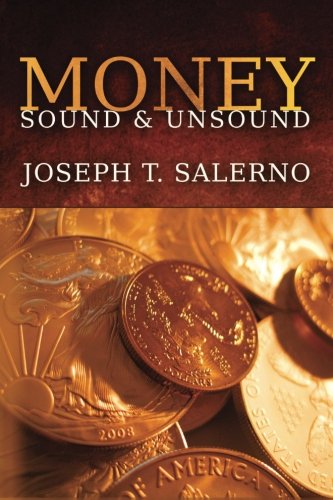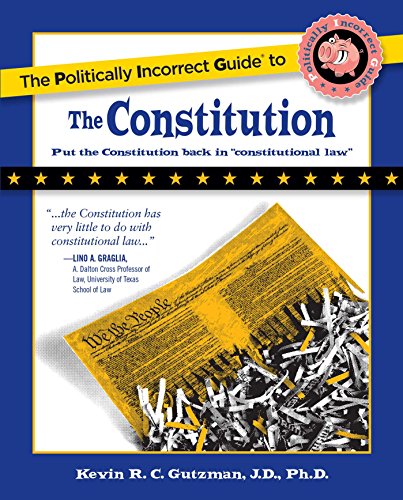Last week, Peter joined Kai from the Soar Financially YouTube channel for an interview on the state of the economy, Federal Reserve policy, and the interplay between domestic politics, gold, and inflation. This interview is a great recap of the most important events of 2024, and Peter offers his perspective on what 2025 will hold for the economy.
Peter starts by commenting on the out-of-touch narrative the mainstream has been promulgating, and how the 2024 election repudiates this narrative:
 Money: Sound and Unsound
Best Price: $20.00
Buy New $21.43
(as of 03:59 UTC - Details)
Money: Sound and Unsound
Best Price: $20.00
Buy New $21.43
(as of 03:59 UTC - Details)
We have this false narrative all year about how strong the U.S. economy was, how strong the labor market was. And despite the fact that Trump was elected by people who expressed their concerns about how weak the economy was, the number one issue in the election was the economy because it was weak and inflation because it was strong. And people still don’t get the predicament that we’re in. We have a weak economy. The only thing that’s strong is inflation.
Despite inflation staying above the Fed’s 2% target, the Fed is still cutting rates. Peter points out how counterproductive this move is:
Rates are still too low. The Fed never should have stopped hiking. They never got into restrictive territory, despite the fact that they claim rates are restrictive. They’re not restrictive in a sense that they’re stopping the borrowing. The borrowing and spending has continued unabated by the public sector and the private sector. The savings rates have collapsed. The purpose of higher rates is to discourage borrowing and to encourage savings, but none of that has been achieved because the Fed stopped too soon.
Kai asks Peter about the odds of President-elect Trump trying to influence Fed policy from the White House:
Well, I think as the economy weakens and unemployment rises, I think, yes, he will be beating the drums for lower rates and a return to quantitative easing. The same thing that he did when he was president the first time. But, you know, the immediate effect, I don’t know how much effect he’d have on it right out of the gate, but I know there is a lot of false optimism surrounding Trump and how great he’s going to be for the economy.
Peter compares Trump to the Argentinian President Javier Milei, who has drastically cut government spending, despite its painful immediate effects:
Unfortunately, Trump doesn’t want to rip off the Band-Aid. He’s promised not to rip off any Band-Aids. Yes, the Argentine economy is now emerging from recession, but it originally went into a big recession as a result of the big cuts to government spending that were made and the changes to policy. And so the same thing would happen in the U.S. But Trump has not prepared the electorate for a major recession.
Even without the drastic austerity measures the economy needs, the market is already overvalued and primed for a corrective recession:
 The Politically Incorr...
Best Price: $3.55
Buy New $8.80
(as of 02:20 UTC - Details)
The Politically Incorr...
Best Price: $3.55
Buy New $8.80
(as of 02:20 UTC - Details)
Look, the U.S. stock market, no matter how you look at it, is very overvalued. Now, the only way it’s not overvalued is if you say, well, the dollar is going to crash. And so priced in what the dollar is going to be worth in the future, maybe it’s not overvalued. Which could certainly be the case.
Peter and Kai wrap up by discussing the irony behind the idea of a strategic Bitcoin reserve. Rather than promote liberty, Bitcoin has devolved into another captured, regulated asset:
The government should not use the power of the state, the coercive power of the state, to force citizens to buy Bitcoin if they don’t want to buy it. And that’s really what’s happening because, you know, they’re running out of buyers to keep the scheme going. And so because they can’t convince people to voluntarily buy it, they need to force people to buy it using the power of government, which is so ironic because Bitcoin is supposed to be anti-government. It’s supposed to be a free market alternative to government.
If you missed it, be sure to watch the 1000th episode of the Peter Schiff Show, where Peter analyzes the recent Fed rate cut announcement.
This originally appeared on SchiffGold.com.




